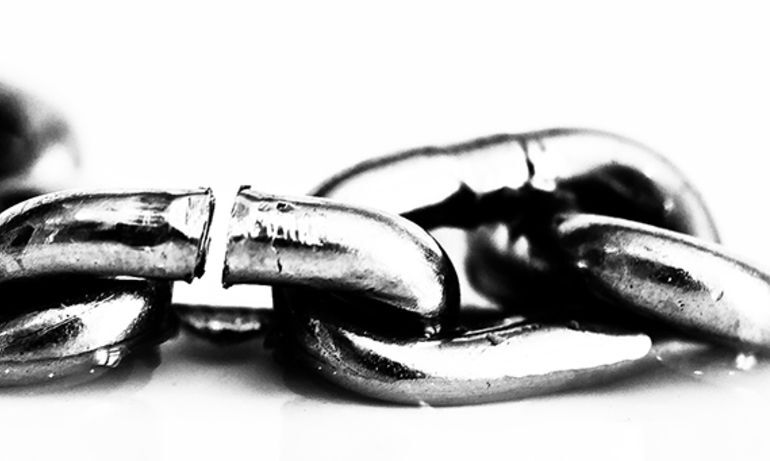It’s a question that many people dread in their job interview – why on earth would my future boss want to know what my biggest weaknesses are? Truth is, there are lots of reasons and they aren’t all negative ones, and you may be surprised to know that this question is really a prime opportunity to help you sell yourself. Many interviewers will ask this question and they ask it because they want to get a sense of the real you. The way you respond to an uncomfortable question can say a lot about you as a person and your personality and communication skills.
If you’re reading this there’s a good chance you’ve been asked this question before, but here are a few pieces of advice to help you work out how to explain your weaknesses in a way that shouldn’t blow your chances at the interview stage.
Turning it around
One popular way of describing your biggest weakness is to turn a negative story into a positive one, by using it as an example of how you’ve learned from the experience and have improved upon your said weakness. This is a bit sneaky as it opens up a way for you to demonstrate a strength in disguise, but it’s effective.
For example, you could be a real stickler for perfection (note: this is a common answer to this question so be prepared to elaborate using real-world examples that you can back it up with), and the effect of this is that you can be overly self-critical or can waste time in going over work before giving it a seal of approval. This response can open up a dialogue on how you focus on quality, or how you’ve leveraged the support and experience of your colleagues to collaborate on projects to make sure you work is on point.
Try to avoid using weaknesses that are core parts of the job you’re interviewing for, as this will come up as a red flag against you – unless you’re discussing historical weaknesses that you’ve already overcome. You don’t want to end up simply confessing that you’re not capable.
Showing your personality
At the end of the day, the reason this question is so popular with interviewers is that they want to get a picture of what it might be like to work with you – warts and all – and everyone’s human. How you handle yourself under pressure, the types of support you might need in your job, or even how confident you are, can help shape the picture of you in the role beyond whether you have the necessary skill set – the ‘softer’ skills and attributes are just as important, if not more so in some cases.
The trick with confidence is not to come off as conceited, and while there’s no hands-down ‘right’ answer, a definite wrong answer is to say you don’t have any weaknesses, as (sorry to break it to you) this is unlikely to be true.
Know your ‘best’ weakness
During your interview preparation you’ll likely to have brushed up on your skills and experience, and crafted your pitch to sell yourself well – these are your strengths. The thing with this is that if you know your weaknesses too, this will help you identify your strengths and be seen as far more genuine and self-aware to employers.
Be ready to discuss your weaknesses at your interview, but don’t rehearse your response too much as you want to come across as genuine. Do, however, be specific – use examples to back up your story and to help your interview be memorable, for the right reasons.
